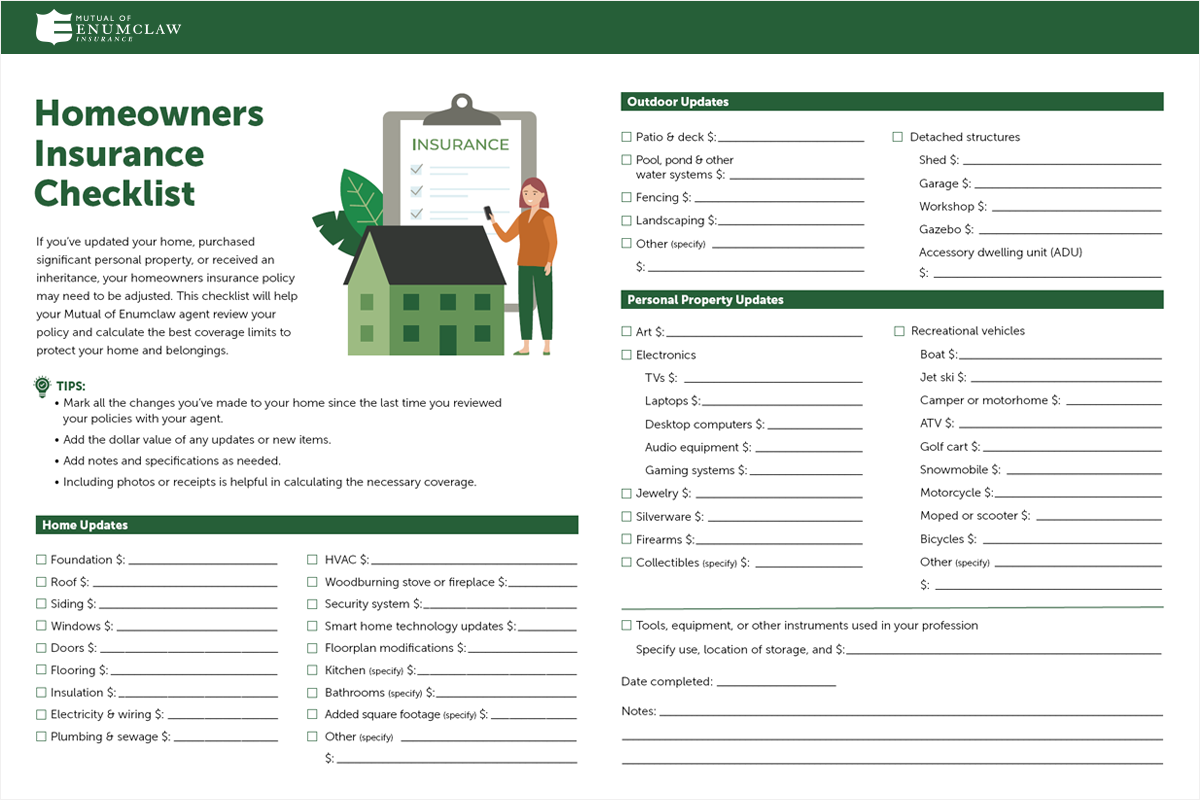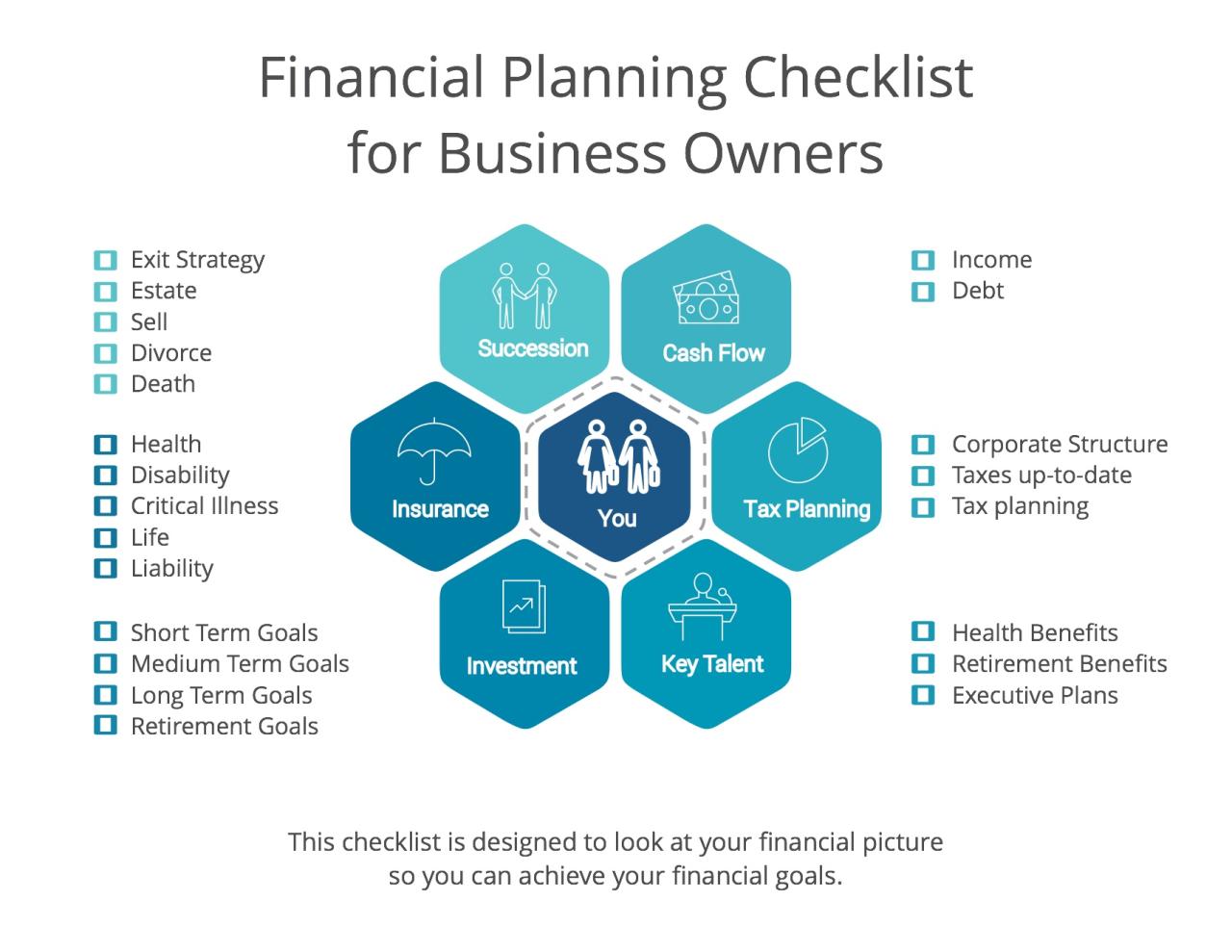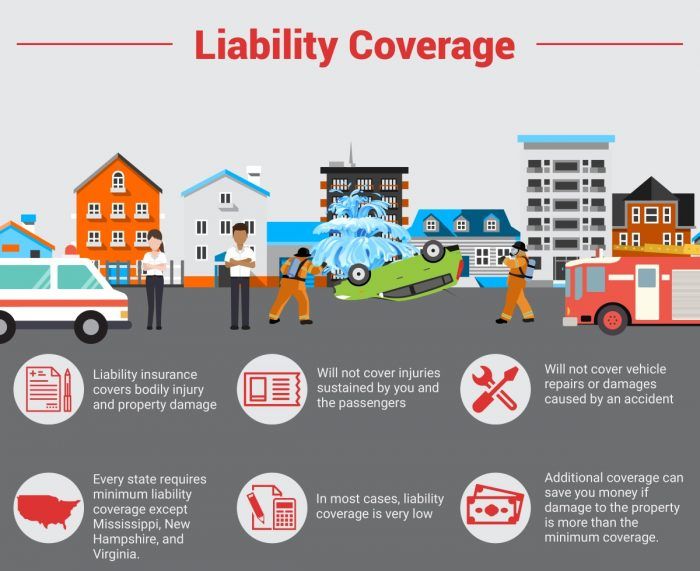Business Insurance Checklist for LLC Owners Starting in 2025: A Comprehensive Guide
Exploring the essential Business Insurance Checklist for LLC Owners starting in 2025, this introduction sets the stage for a detailed journey through the crucial aspects of insurance coverage for LLCs. With a focus on providing valuable insights and practical advice, this guide aims to equip LLC owners with the necessary knowledge to protect their business effectively.
In the following paragraphs, we will delve into the different facets of business insurance requirements, legal obligations, insurance needs assessment, provider selection, claims processes, and coverage reviews for LLC owners starting in 2025.
Overview of Business Insurance for LLC Owners

Business insurance is essential for LLC owners as it provides financial protection in case of unexpected events or liabilities that may arise during the operation of the business.
There are several types of insurance that LLC owners typically need to consider to safeguard their business and personal assets:
Types of Insurance Needed by LLC Owners
- General Liability Insurance: Protects against third-party claims of bodily injury, property damage, or advertising injury.
- Property Insurance: Covers damage or loss of physical assets such as buildings, equipment, and inventory.
- Professional Liability Insurance: Also known as errors and omissions insurance, it protects against claims of negligence or inadequate work.
- Workers' Compensation Insurance: Required in most states to cover medical expenses and lost wages for employees injured on the job.
- Business Interruption Insurance: Provides coverage for lost income and expenses if the business is unable to operate due to a covered event.
Consequences of Not Having Proper Insurance Coverage for an LLC
- Legal Exposure: Without adequate insurance, LLC owners may face lawsuits that could lead to significant financial losses.
- Asset Risk: Personal assets of LLC owners, such as homes or savings, may be at risk if the business is sued and lacks proper insurance coverage.
- Business Continuity: In the event of a disaster or unexpected event, the lack of insurance can disrupt business operations and lead to financial instability.
Legal Requirements for Business Insurance
When starting a business as an LLC owner, it is crucial to be aware of the legal requirements for business insurance to protect your company and assets.
Mandatory Insurance Requirements for LLC Owners
- General Liability Insurance: This insurance protects your business from claims of bodily injury, property damage, and advertising injury.
- Workers' Compensation Insurance: If you have employees, this insurance is mandatory in most states to cover medical expenses and lost wages in case of work-related injuries.
- Professional Liability Insurance: Also known as Errors and Omissions insurance, this coverage is important for LLC owners offering professional services to protect against claims of negligence or inadequate work.
Variations in Insurance Regulations by State for LLCs
- Insurance requirements for LLCs can vary by state, so it is crucial to understand the specific regulations in the state where your business operates.
- Some states may have additional insurance requirements or different limits for coverage, so consulting with an insurance agent or attorney familiar with local laws is advisable.
Legal Risks of Non-Compliance with Insurance Requirements
- Failure to comply with mandatory insurance requirements can result in fines, penalties, or even legal action against your business.
- Not having adequate insurance coverage can leave your business vulnerable to financial losses in case of accidents, lawsuits, or other unforeseen events.
- By ensuring compliance with insurance regulations, LLC owners can protect their business, assets, and reputation from potential risks and liabilities.
Assessing Insurance Needs for LLCs

When it comes to protecting your LLC, having the right insurance coverage in place is crucial. Below is a checklist of insurance coverages that LLC owners should consider to safeguard their business:
Types of Insurance Coverages for LLCs
- General Liability Insurance: Protects your business from claims of bodily injury, property damage, and personal injury.
- Property Insurance: Covers damage to your business property due to fire, theft, or other covered perils.
- Professional Liability Insurance: Also known as Errors and Omissions insurance, it provides protection against claims of negligence or inadequate work.
- Workers' Compensation Insurance: Required in most states, it covers medical expenses and lost wages for employees injured on the job.
- Business Interruption Insurance: Helps replace lost income and pay for expenses if your business is unable to operate due to a covered peril.
Comparing Different Insurance Policies
When evaluating insurance policies for your LLC, consider the coverage provided, premiums, deductibles, and exclusions. It's essential to review multiple quotes from different insurers to find the most suitable policy for your business
Determining Appropriate Coverage Limits
Calculating the right coverage limits for your LLC involves assessing your business's risks, assets, and potential liabilities. Consider factors like the value of your property, the number of employees, and the industry you operate in when determining the appropriate coverage limits for each type of insurance.
Factors to Consider When Choosing Insurance Providers
When selecting insurance providers for your LLC, it is important to consider various factors to ensure you are getting the best coverage for your business needs. Here are key factors to evaluate:
Comparing Quotes from Multiple Insurers
It is crucial to obtain quotes from multiple insurance providers to compare coverage options, premiums, and deductibles. By doing so, you can find the most cost-effective policy that meets your business requirements.
Insurer’s Reputation and Financial Stability
Before choosing an insurance provider, research their reputation and financial stability. A reputable insurer with a strong financial standing is more likely to fulfill claims promptly and provide reliable support when needed. Look for reviews and ratings from other businesses to gauge the insurer's credibility.
Claims Process and Coverage Review
When it comes to managing insurance claims for your LLC, understanding the process and regularly reviewing your coverage are essential steps to ensure your business is adequately protected.
Filing an Insurance Claim for an LLC
- Notify your insurance provider immediately after an incident that may result in a claim.
- Gather all relevant documentation, such as photos, invoices, and witness statements, to support your claim.
- Complete the necessary claim forms provided by your insurance company accurately and promptly.
- Cooperate with any investigations or assessments required by the insurance adjuster.
- Keep detailed records of all communication and documentation related to the claim for your records.
Coverage Reviews for Adequate Protection
Regularly reviewing your insurance coverage can help ensure that your LLC has the right level of protection for its needs. Consider the following tips:
- Assess your business operations and risks to determine if your current coverage is sufficient.
- Review any changes or expansions in your business that may require adjustments to your insurance policies.
- Consult with your insurance agent or broker to discuss any gaps in coverage and potential risks that need to be addressed.
- Compare quotes from different insurance providers to ensure you are getting the best coverage at a competitive rate.
- Update your coverage regularly to adapt to the evolving needs of your LLC and ensure continuous protection.
Tips for Managing Insurance Claims Efficiently
- Establish clear protocols and procedures for reporting and managing insurance claims within your LLC.
- Train your employees on how to handle incidents that may lead to insurance claims to ensure timely and accurate reporting.
- Maintain open communication with your insurance provider throughout the claims process to address any concerns or questions promptly.
- Document all interactions and updates related to the claim to track progress and ensure transparency in the process.
- Follow up on the status of your claim regularly to stay informed and address any delays or issues promptly.
Ending Remarks
Concluding our discussion on Business Insurance Checklist for LLC Owners starting in 2025, it is evident that securing adequate insurance coverage is paramount for the success and longevity of an LLC. By understanding the importance of insurance, complying with legal requirements, assessing insurance needs, choosing reputable providers, and effectively managing claims, LLC owners can safeguard their business against unforeseen risks and liabilities.
FAQ Guide
What are the consequences of not having proper insurance coverage for an LLC?
Without proper insurance coverage, an LLC may face financial losses, legal liabilities, and even risk closure of the business. It is crucial to have adequate insurance to protect the business and its assets.
How can LLC owners determine the appropriate coverage limits for their business?
LLC owners can assess their coverage needs by considering factors such as the nature of their business, potential risks, assets at stake, and legal requirements. Consulting with an insurance advisor can also help determine the appropriate coverage limits.
What are the key factors to evaluate when selecting insurance providers for an LLC?
When choosing insurance providers, LLC owners should consider factors such as reputation, financial stability, coverage options, customer service, and pricing. Comparing quotes from multiple insurers can help in making an informed decision.




